Development’s Pathway to Independence programme: meet the 2025 fellows
Posted by the Node, on 19 August 2025
Earlier in 2025, we welcomed our third cohort of Development’s Pathway to Independence (PI) fellows – researchers whom we will be supporting as they transition from postdoc to Principal Investigator.
In a series of interviews published in Development, we learn more about each fellow’s career path, research interests and aspirations when they start their own lab.
Meet our 2025 PI fellows
Ethan Ewe
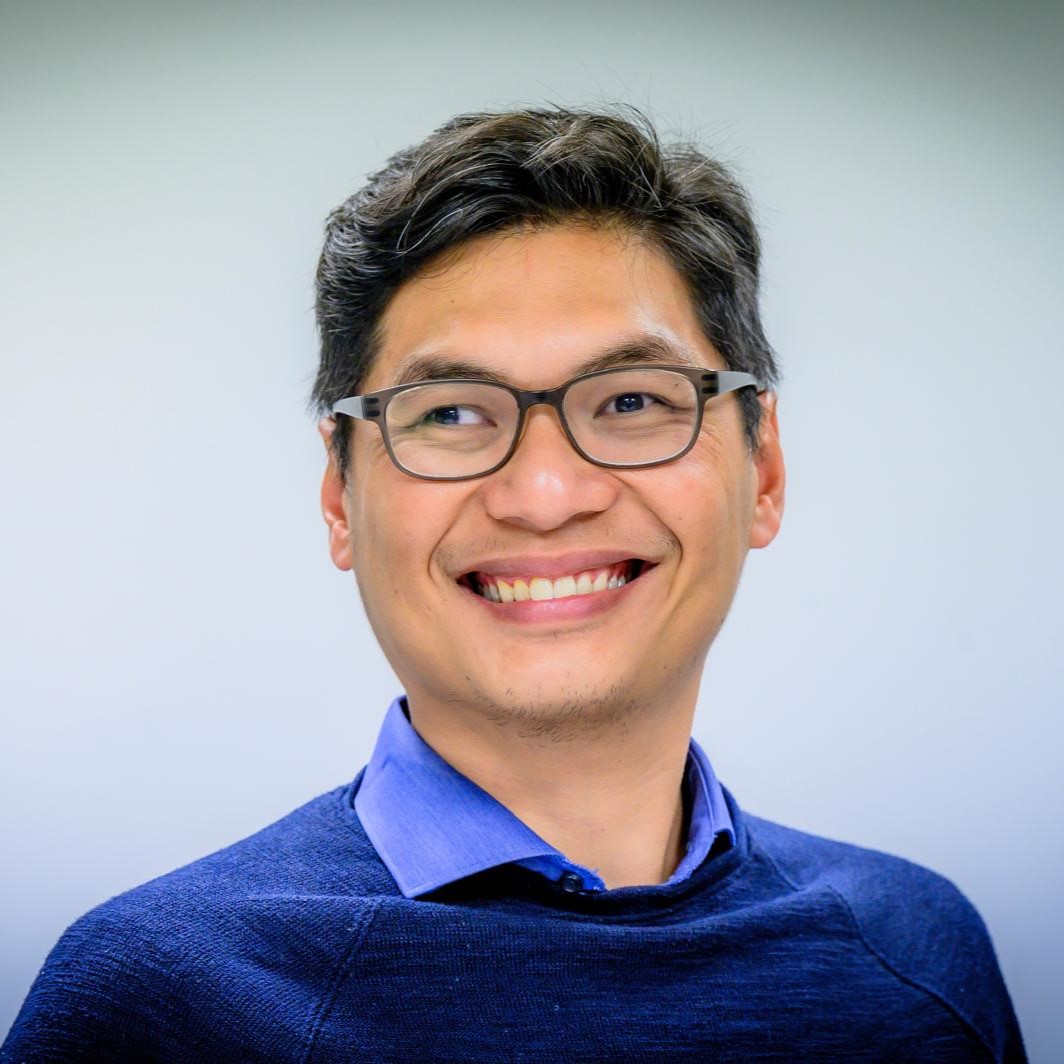
Ethan earned his PhD in Molecular, Cellular, and Developmental Biology from the University of California, Santa Barbara. Under the mentorship of Prof. Joel Rothman, he investigated the gene regulatory network that controls the specification and differentiation of the C. elegans endoderm. He is currently a postdoctoral fellow in Prof. Oded Rechavi’s lab at Tel Aviv University, where he explores how small RNAs regulate stress responses and govern germline development. Ethan is passionate about uncovering how epigenetic mechanisms – particularly those involving small RNAs and Argonaute proteins – mediate phenotypic plasticity and may facilitate adaptation to environmental change.
You can follow Ethan on Bluesky at @ethanewe.bsky.social.
Max Farnworth
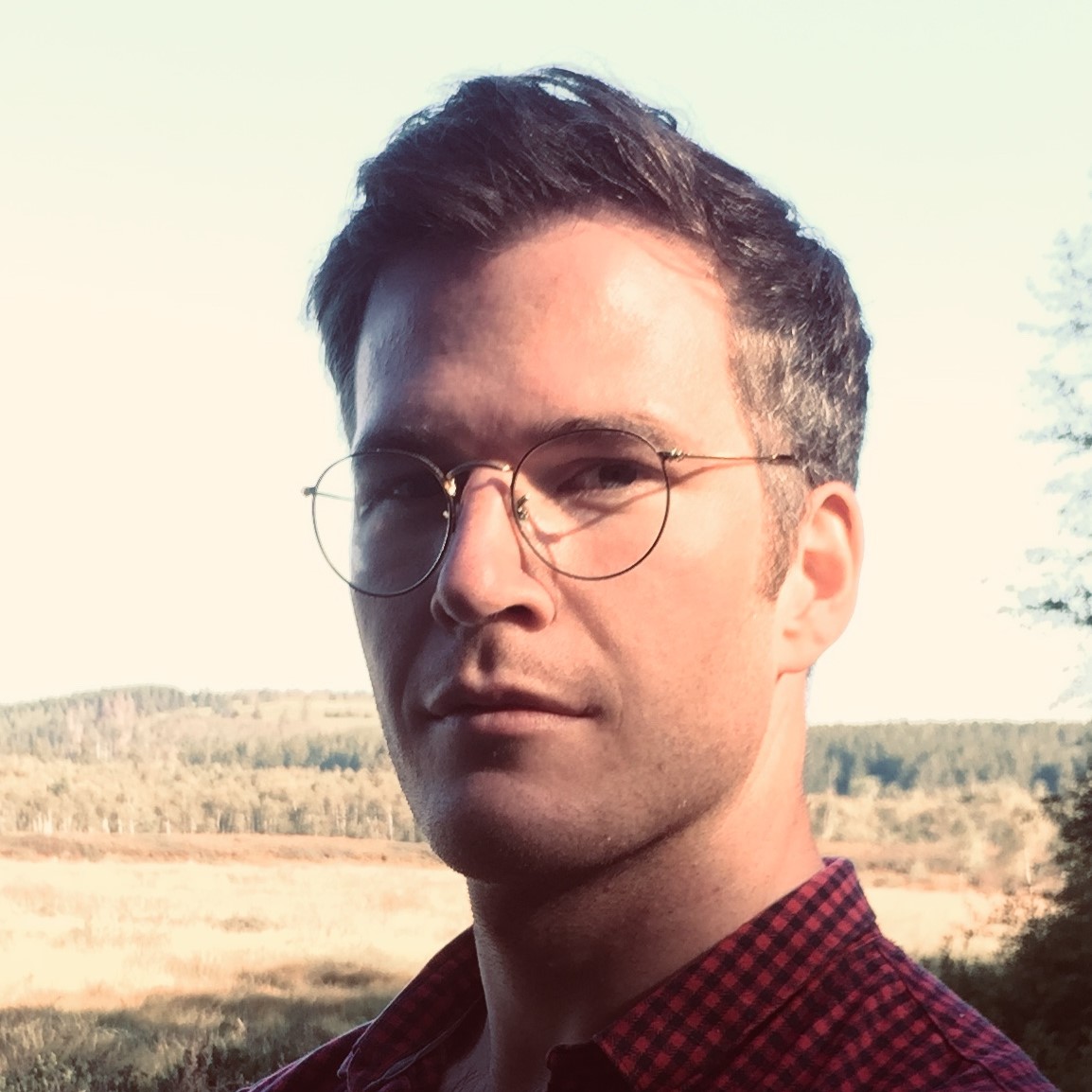
Max earned his PhD at the University of Göttingen, Germany, under the supervision of Prof. Gregor Bucher, where he explored how heterochrony shapes the evolution and development of insect brains. He was then awarded a Walter Benjamin Fellowship by the German Research Foundation to investigate how two enigmatic brain regions co-evolve to support novel behaviours, using neotropical butterflies as a model system. He pursued this research in the lab of Dr Stephen Montgomery at the University of Bristol. Currently, Max is a Senior Research Associate developing new tools to study the evolution of neural circuits. He is broadly fascinated by how brains evolve and how neural circuits are shaped and rewired through developmental processes.
You can follow Max on Bluesky at @maxfarnworth.bsky.social and find more information at https://linktr.ee/max.farnworth.
Anzy Miller
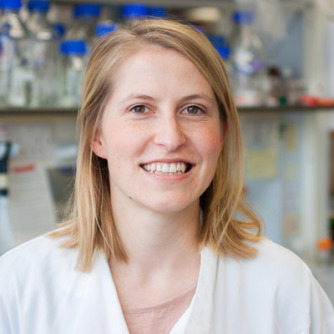
Anzy completed her PhD with Brian Hendrich at the Stem Cell Institute at the University of Cambridge. She then joined the lab of Nancy Papalopulu at the University of Manchester and was awarded the Wellcome Trust Sir Henry Wellcome postdoctoral fellowship. Anzy is interested in how dynamic protein expression is decoded by cells and its impact on cell fate decisions in the developing embryo.
You can follow Anzy on Bluesky @anzymiller.bsky.social.
Joaquín Navajas Acedo
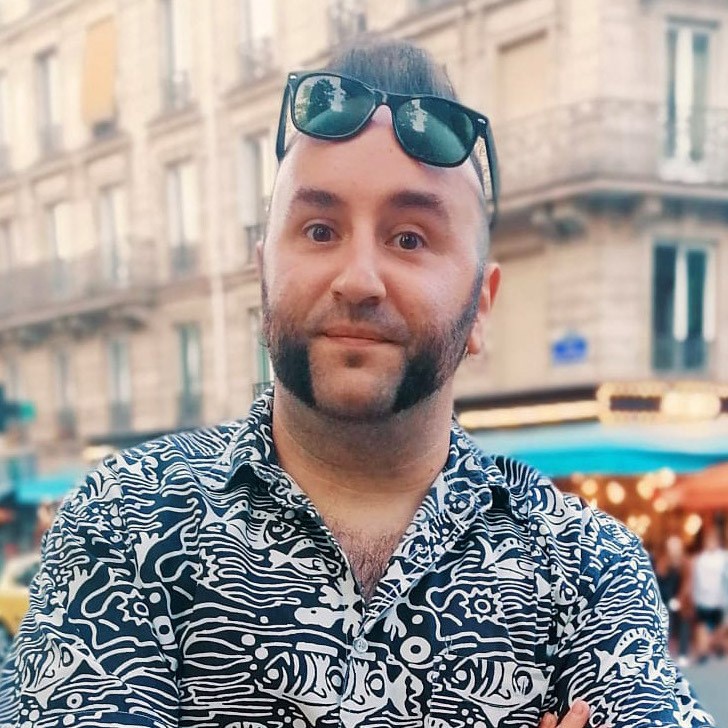
Joaquín obtained his PhD in Biology at the Stowers Institute for Medical Research in Kansas City MO, USA. In the laboratory of Dr Piotrowski, he focused on dissecting the role that two signaling pathways – Wnt and Planar Cell Polarity – have during the development of the lateral line in zebrafish, using a combination of mutant analysis, live imaging and immunostaining. Currently, he is a postdoc at the Schier lab at the Biozentrum of the University of Basel, Switzerland, where he studies the Rohon-Beard neurons, a population of neurons that for around 150 years were thought to disappear during early development but Joaquín discovered remain until at least juvenile stages. He is interested in leveraging Rohon-beard neurons to study a fundamental question in biology: what are the mechanisms behind the acquisition of the different layers of neuron diversity?
You can follow Joaquín on Bluesky at @mads100tist.bsky.social and Mastodon at https://mastodon.social/@mads100tist. Joaquín also helps managing the popular zebrafish-oriented resource ZebrafishRock! @zebrafishrock.bsky.social.
Marlies Oomen
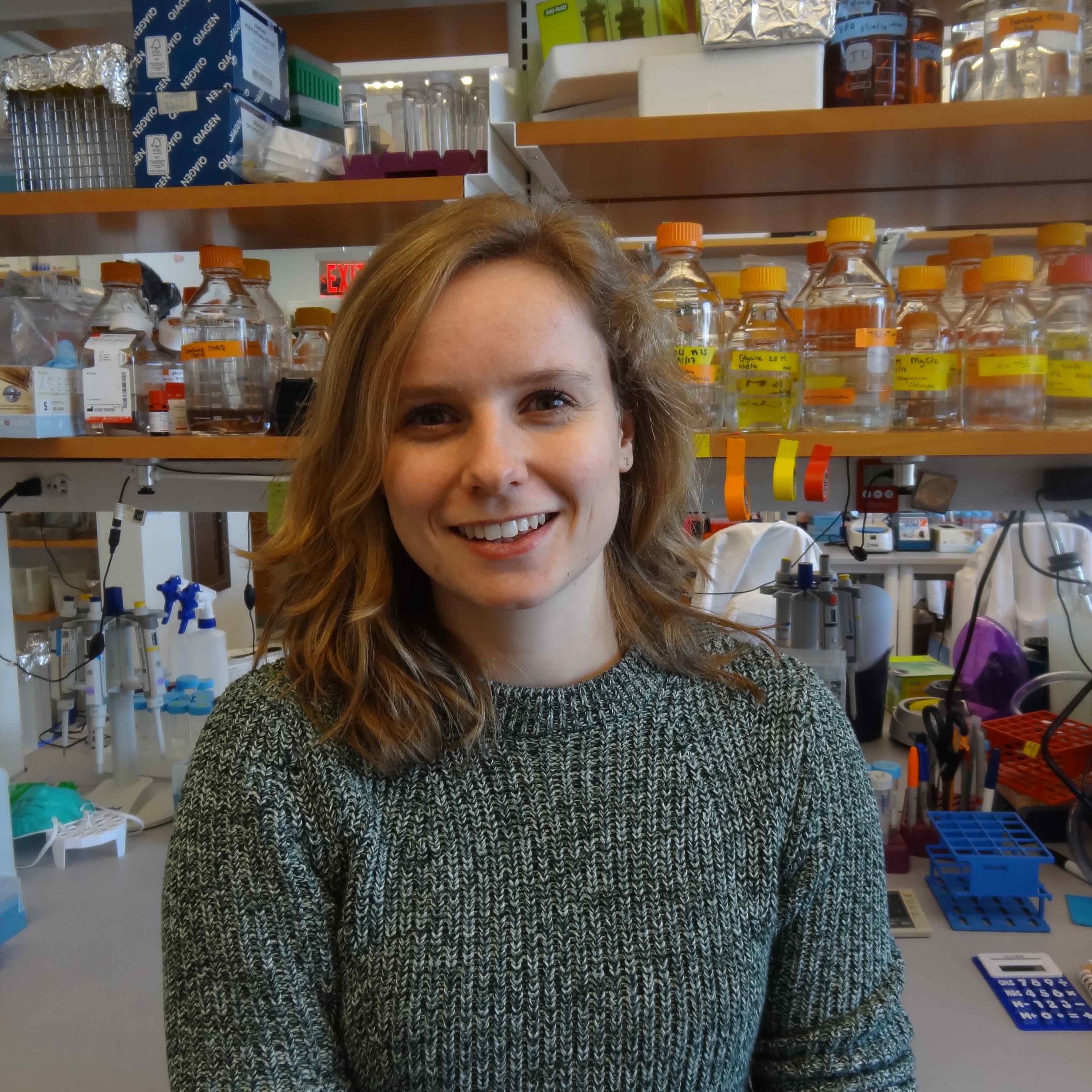
Marlies is a postdoctoral fellow in the laboratory of Maria-Elena Torres-Padilla at Helmholtz Munich, Germany. She completed her PhD research in the lab of Job Dekker at the University of Massachusetts Medical School, USA, where she studied chromosome organization and epigenetic characteristics of mitotic chromosomes. Marlies’ current research focuses on the transcriptional and epigenetic regulation of and by transposable elements in mammalian preimplantation development and stem cells.
You can follow Marlies on Bluesky at @marliesoomen.bsky.social.
Giulia Paci
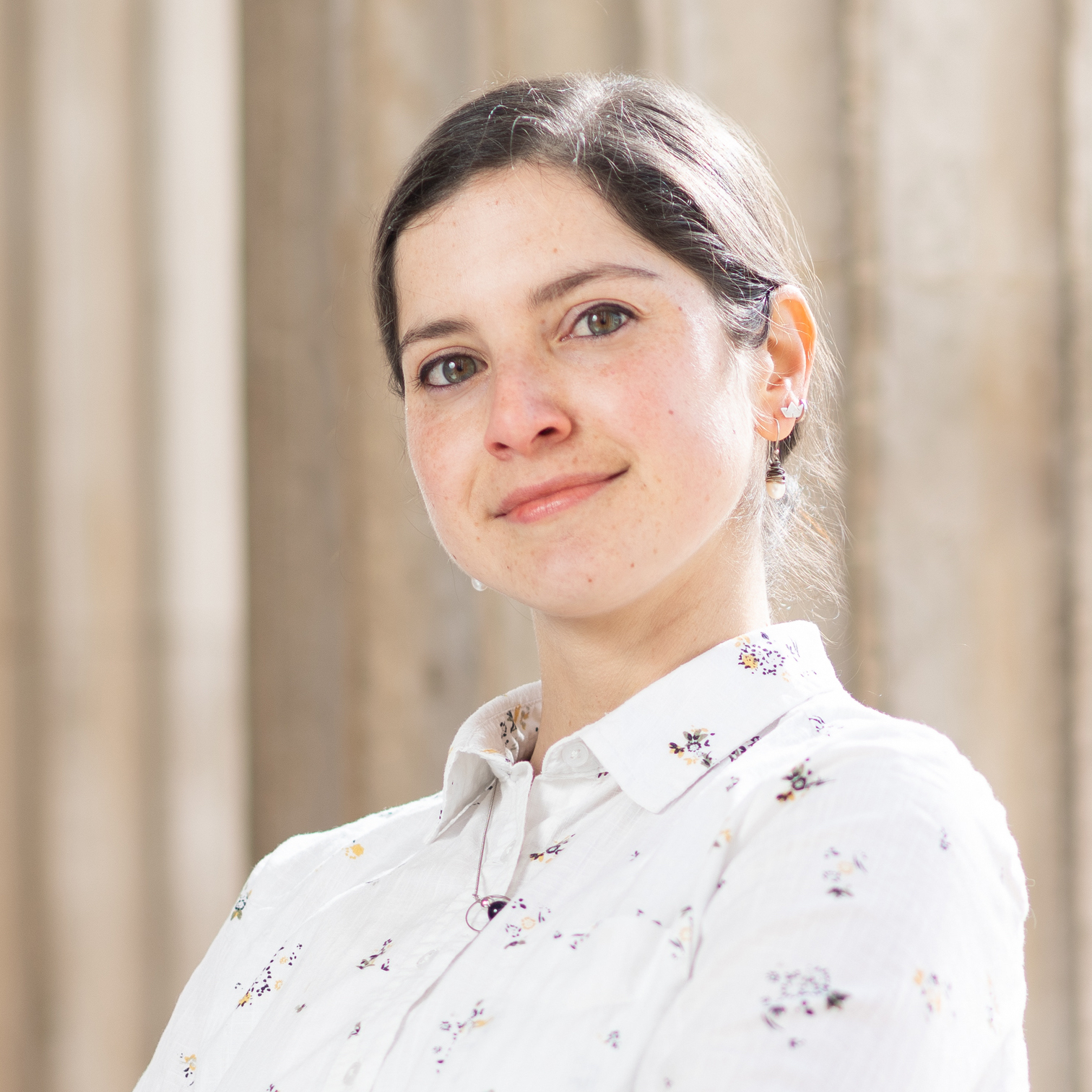
Giulia is an EMBO postdoctoral fellow in Yanlan Mao’s group at the Laboratory for Molecular Cell Biology, University College London (UK). Prior to this, she completed her PhD at EMBL Heidelberg (Germany), working with Edward Lemke. A physicist by training, Giulia investigates organism resilience to external perturbations during development and homeostasis, with a focus on mechanical stresses. She combines high-resolution imaging with the development of novel mechanical perturbation tools in Drosophila.
You can follow Giulia on Bluesky at @giuliapaci.bsky.social.
Sonya Widen
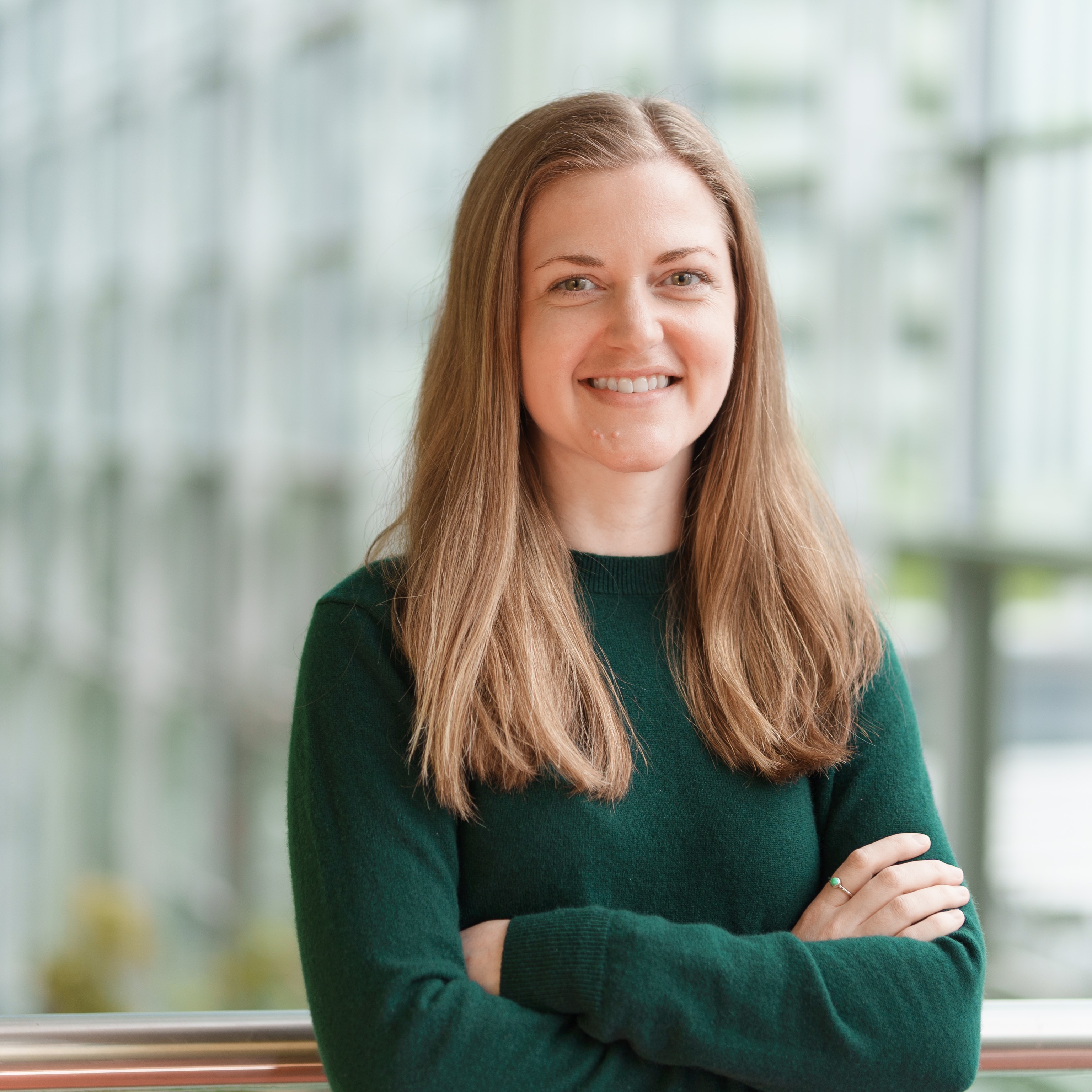
Sonya obtained her PhD in molecular biology and genetics from the University of Alberta in Canada, where she used zebrafish to study early vertebrate eye development and disease under the guidance of Dr Andrew Waskiewicz. She is currently a postdoctoral fellow at the Institute of Molecular Biotechnology (IMBA) in Vienna, Austria working with Dr Alejandro Burga, using nematodes as a model system to understand the role of mobile and selfish DNA elements in driving the evolution of genomes. Sonya’s research interests lie in understanding the complex relationship between mobile genetic elements and their host genomes in shaping development and evolution.
You can follow Sonya on Bluesky at @sonyawiden.bsky.social.
Toshimichi Yamada
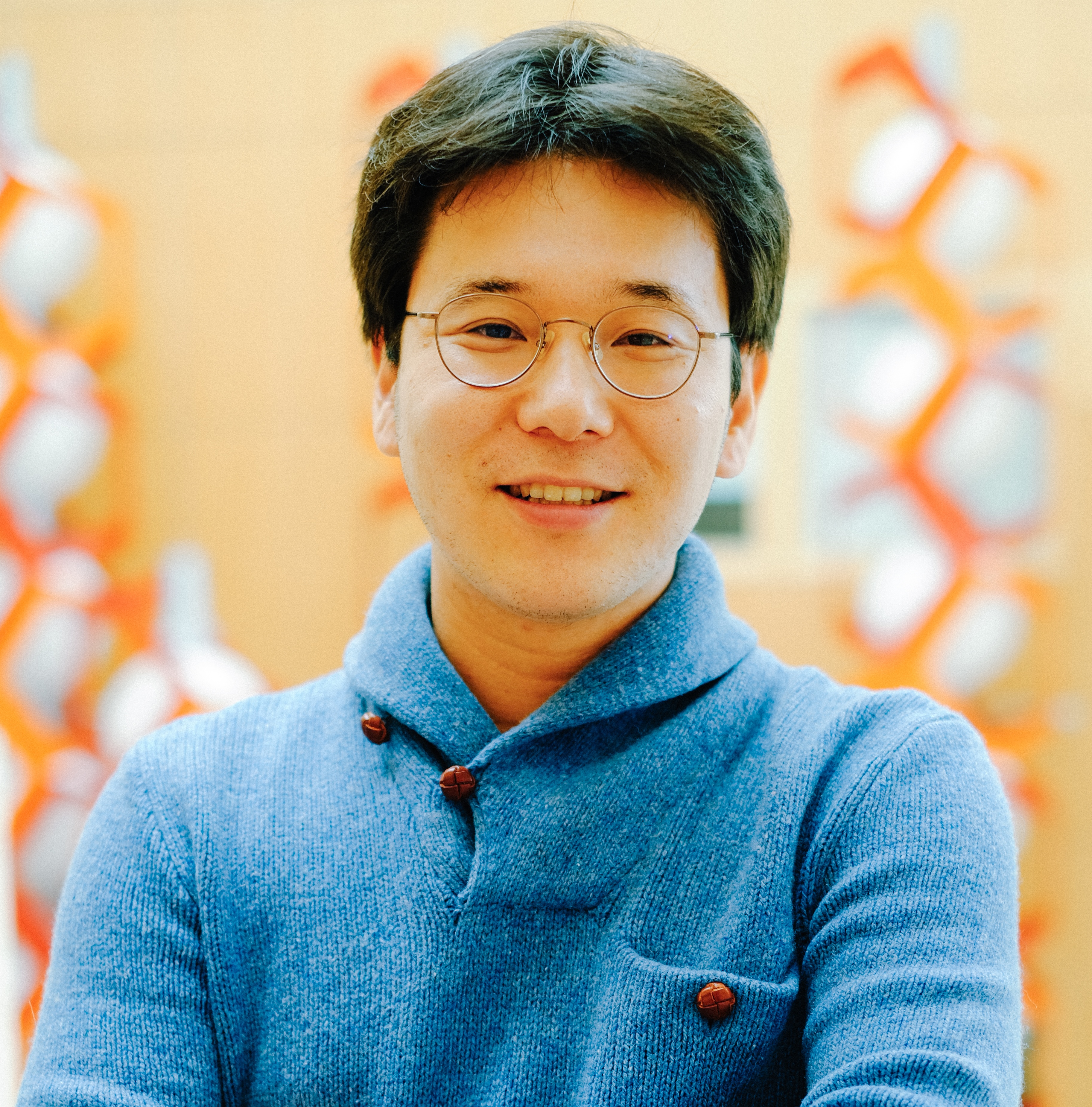
Toshi earned his PhD in Chemistry from the University of Tokyo, Japan, where he studied regulatory mechanisms controlling RNA dynamics and stability, specifically how RNA localization and mRNA decay influence gene expression. He is currently a postdoctoral fellow in Wendell Lim’s lab at University of California, San Francisco, UCSF. His research focuses on uncovering the design principles of mammalian embryogenesis and reconstituting developmental processes in vitro.


 (No Ratings Yet)
(No Ratings Yet)